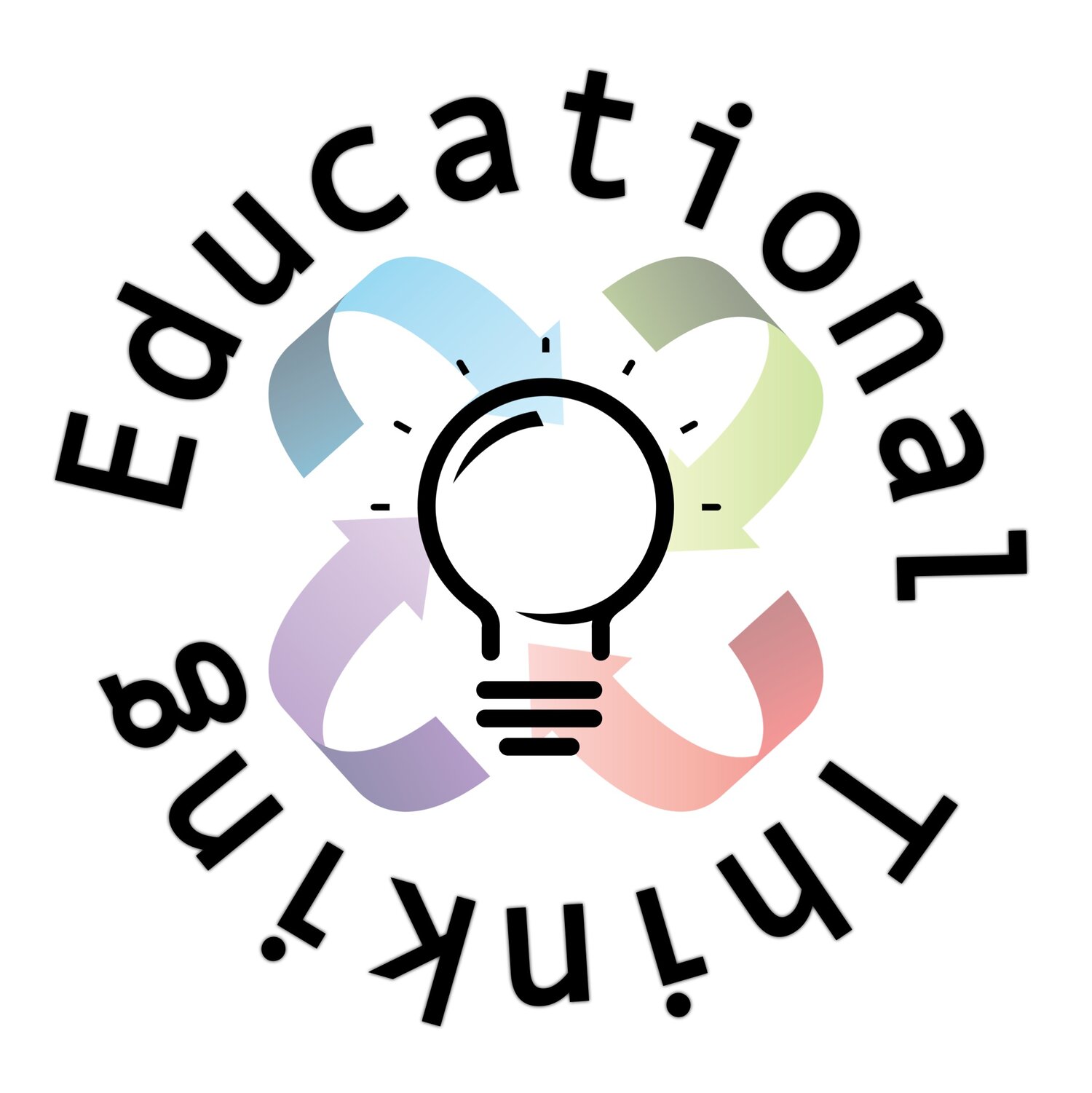Make Help More -- Helpful!
An article by Oleg Vishnepolsky highlights some of the perspective changes individuals need to make to approach situations from a position of growth and positivity rather than failure and negativity. I think the basic premise – focus on what can be gained rather than what was expended – is important in many areas beyond simple personal failure.
Consider the basic need for help.
I do a fair amount of consulting work and facilitation within my organization that falls far outside of my job description, mostly thanks to some rather extensive and uncommon (in this arena) qualifications and experience. I’ve found that the reception to help comes in either welcome/acceptance, or unwelcome/resistance flavors.
The latter usually comes from teams/managers either being told to get in touch with me, or with me being invited by someone to provide help/perspective, and naturally goes along with the article mentioned before.
If someone cares enough to notice that you need help, whether a via a consultant or not, it is a better option to consider that, 1) someone cares enough to notice the need, and 2) there is an opportunity to find and fix a blind spot in your perspective. Someone like me isn’t there to force a change or otherwise stick our noses into your business; we’re there because someone feels things need to adjust but aren’t going to get better on their own. We aren’t in the room to make you look bad or to otherwise take something away – we usually bend over backward to try to validate the efforts you have made, even if it turns out it was counterproductive!
If someone recommends you find help through a consultant or in another part of the organization, consider it a gift of insight into an area to learn and grow. If you can avoid taking the suggestion and help as an insult, you’ll gain the help you need and will both be and look better for it.
Note: This post first appeared as a LinkedIn blog by Dr. Mann on September 15, 2017.

